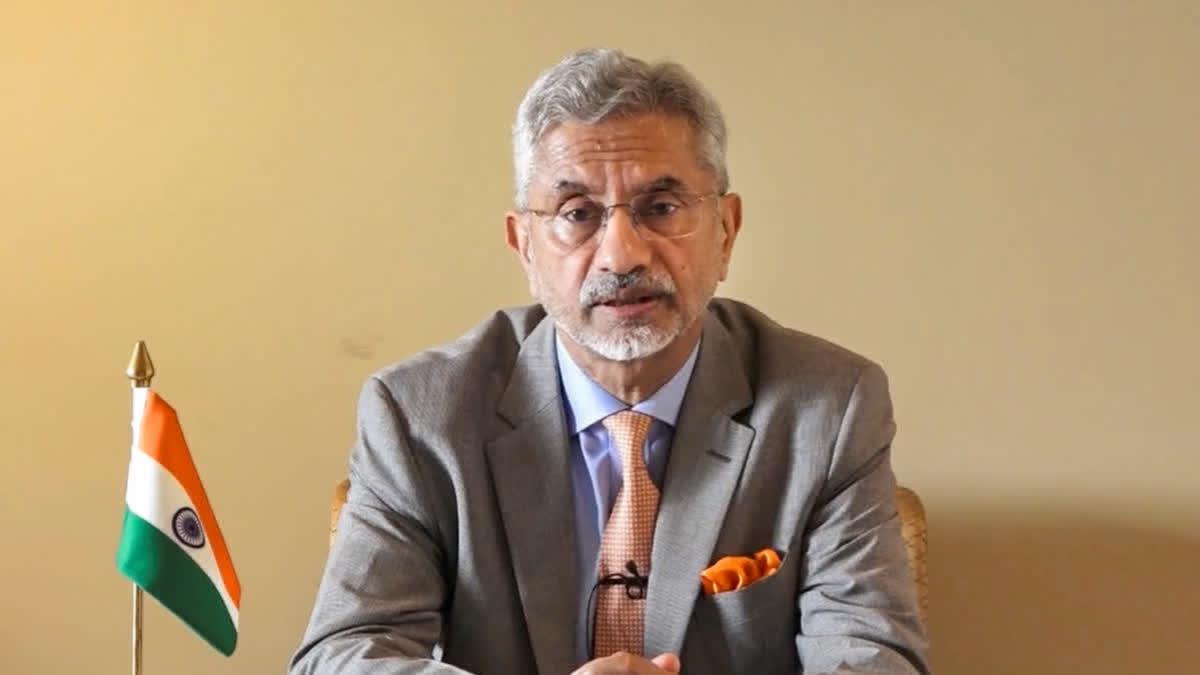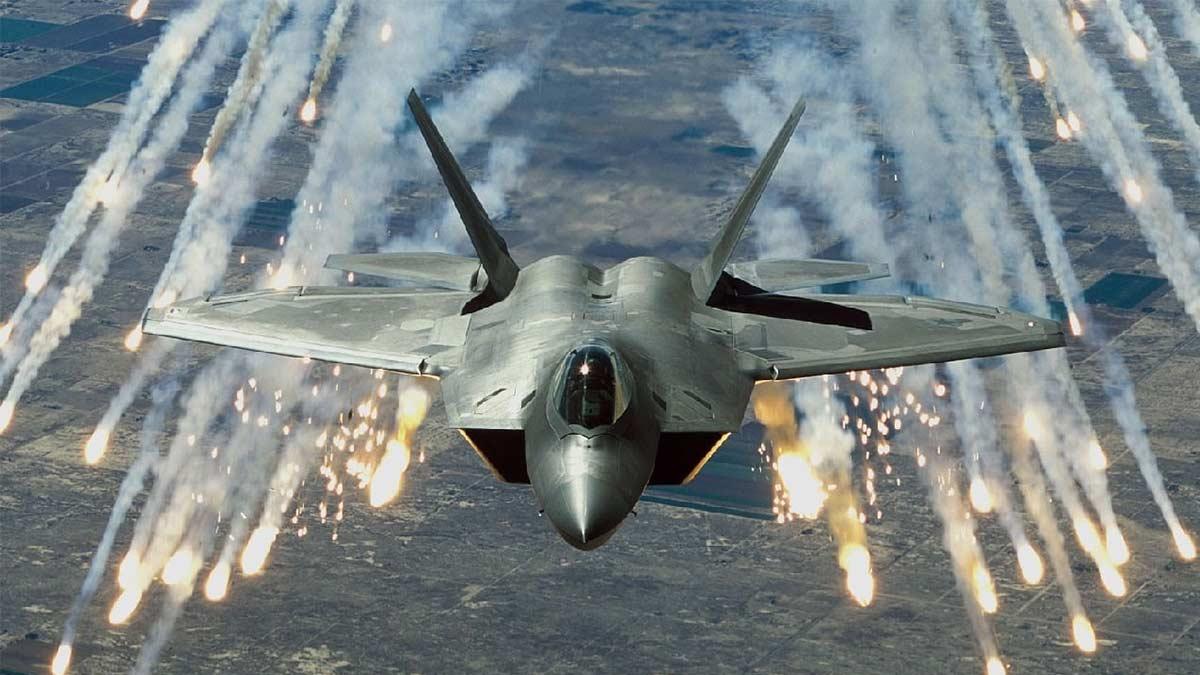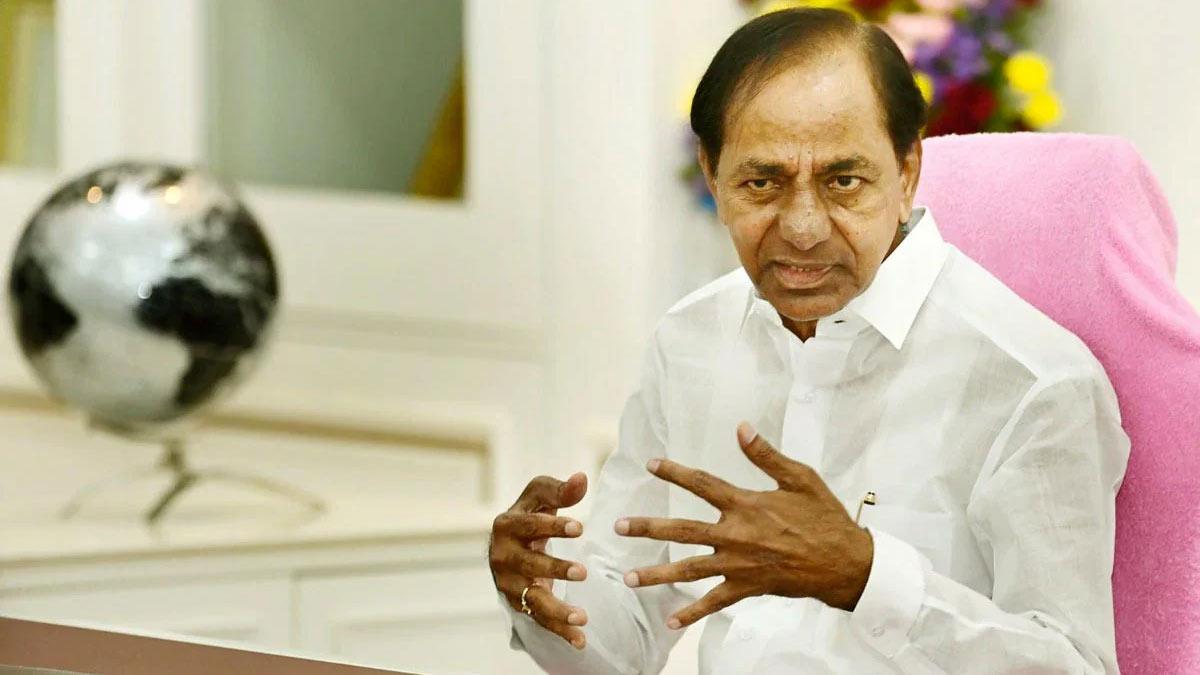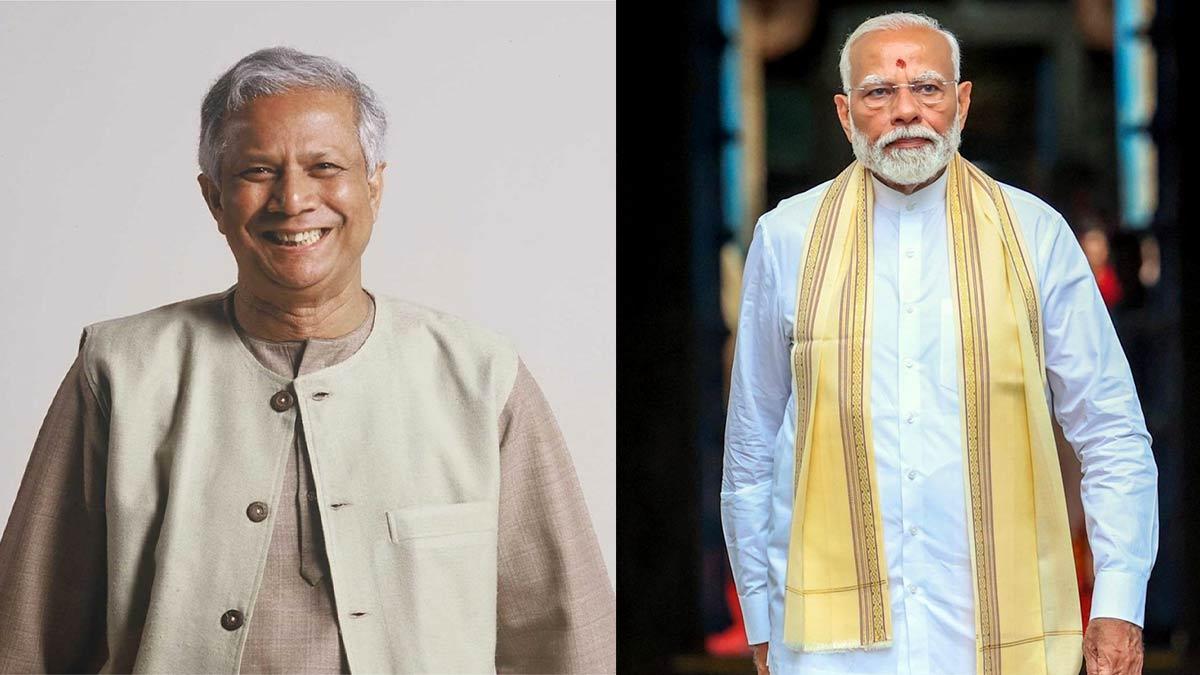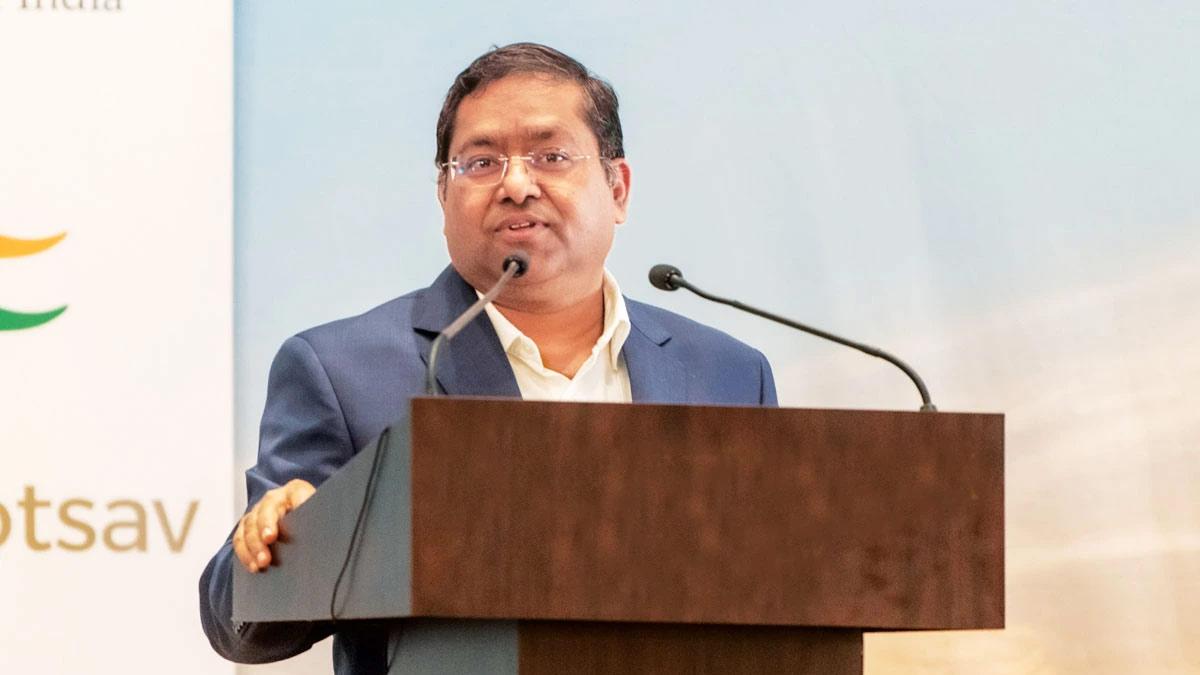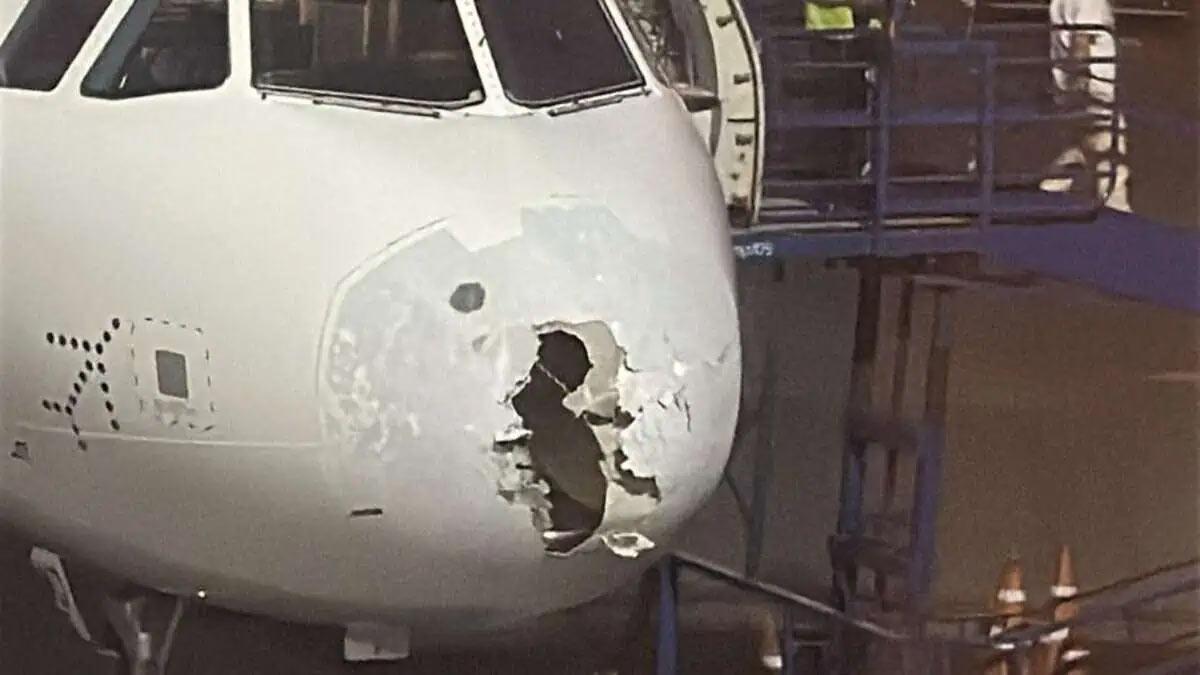External Affairs Minister S. Jaishankar gave a stern denunciation of Pakistan's links to terror in an interview with the Dutch newspaper De Volkskrant on Thursday. He strongly disavowed the idea that Islamabad does not know about terror outfits being active on its soil.
Jaishankar blamed both the Pakistani state and its army for complicity in terrorism. Addressing a conference from the Netherlands—India's second-largest trading partner in the European Union—where he was on a visit to further strengthen bilateral ties, he commended the Indian forces for their recent Operation Sindoor, saying the nation "deserves appreciation for its action against terror."
From the very beginning, Jaishankar was categorical: "let's not pretend that Pakistan is not involved." Reciting India's strong stance against terrorism, he underlined the nation's insistence on a definitive closure of such activities. Responding to the question about his earlier statement ascribing the label "epicentre of terrorism" to Pakistan, Jaishankar explained, "I am not suggesting that, I am stating that," referring specifically to Islamabad's patronage of terrorist outfits that function within its territory.
He made a clear comparison for the Dutch newspaper: "Imagine that there were huge military hubs in the heart of a city like Amsterdam where dozens of thousands of citizens came to receive military training, would you say that your government does not know anything about that? Naturally not."
He also called on the international community to dismiss the claim that Pakistan is unaware of what was taking place within its jurisdiction. The worst terrorists of the United Nations (UN) list are all in Pakistan. They are active in the big cities, in daylight. They have known addresses. They have known activities. Their known contacts with each other are in the know. So let's not be taken in by the idea that Pakistan is not a party. The state is a party. The army is neck deep in it," Jaishankar emphatically declared.
While admitting that the May 10 ceasefire deal has suspended military action between Pakistan and India "for now," he warned that further terrorist strikes from Pakistan would trigger consequences. "There will be consequences. The Pakistanis should know that very well," he said.
Jaishankar also made a sharp distinction between the two issues of terrorism and Jammu and Kashmir, emphasizing that for India, "terrorism is an independent, entirely unacceptable international crime that should not be condoned or justified."
Looking back on the Srinagar terrorist attack on April 22 that left 26 dead, primarily civilians, he observed, "The terrorists attacked the bustling tourism sector in Jammu and Kashmir with the attack. So they are willing to ruin things in Kashmir for their own, very narrow, selfish agendas. They also tried consciously to give the attack a very religious flavor. The world must not embrace such practices."
Referring to the accession history of Jammu and Kashmir to India following the partition in 1947, Jaishankar reiterated India's stand that "the illegal occupiers should return their illegally occupied parts to the rightful owner. And that is us."
Rebutting a query on whether India would accept US President Donald Trump's invitation to mediate the Kashmir conflict, Jaishankar asserted that it is still a bilateral one. "As I said, this is something that we will do together with Pakistan," he said.
Trump had earlier taken credit for arranging the ceasefire agreement between India and Pakistan after the May 7 Operation Sindoor, implying that his influence based on trade relations between the two countries was instrumental. He offered to mediate the Kashmir dispute as well.
India, however, has refuted Trump's assertions at all times and refused to allow third-party intervention in Kashmir.
Jaishankar's strong rhetoric against terrorism closely resonated with the Indian government's official line. On the same day, Narendra Modi, the Prime Minister, delivered a harsh warning to Pakistan and terror outfits, announcing that whoever tries to "wipe off the vermilion of this nation's daughters" will be "turned into dust."
He characterized Operation Sindoor as "the new form of justice, the new form of response India will give to terrorism.
Read also| Top CPI (Maoist) Leader Basavaraj, 26 Other Naxalites Killed in Chhattisgarh Encounter

